Code
HCS20742
Weight
100 gm / 0.22 lbs
Size
Height
68cm (27") Width
50cm (20") Material
Cotton Canvas and Natural Colors
Availability
Subject to Availability
Date Added
2020-07-08 22:00:00
Note : We used to sell this product 5 years ago so it may no longer be in our stock.
It is possible that we still have it with our suppliers but the price could be different from before.
Feel free to order. We will verify availability and inform you promptly.
It is possible that we still have it with our suppliers but the price could be different from before.
Feel free to order. We will verify availability and inform you promptly.

Safe Payment
We accept Paypal, Money Transfer, Bank Transfer
Confidence
Protection covers your purchase and personal data.
Worldwide Delivery
We ship Worldwide, except Russia.Shipping cost US$25.2 for upto 0.5 kgs

Hotline
Talk to help line for your question on 9841267335Ritaul Thangka code : RT46247
Use of Real Gold
This thangka of Tibetan Thangka Of Vajrayogini(quick Salses), [24k Real Gold] has real gold painted on its surface along with other paints. This is an ancient process of decorating the thangka in Tibetan Buddhism, Here gold is ground into gold dust, which is then mixed with other undisclosed material to make it paintable on the canvas. this mixture is then mixed with transparent glue and painted on the thangka. Read More . . .
This thangka of Tibetan Thangka Of Vajrayogini(quick Salses), [24k Real Gold] has real gold painted on its surface along with other paints. This is an ancient process of decorating the thangka in Tibetan Buddhism, Here gold is ground into gold dust, which is then mixed with other undisclosed material to make it paintable on the canvas. this mixture is then mixed with transparent glue and painted on the thangka. Read More . . .
Introduction to Thangka
A thangka, also known as tangka, thanka, or tanka, is a vibrant and intricate Tibetan Buddhist painting that serves as a visual representation of spiritual teachings. Crafted with meticulous detail on cotton or silk appliqué, thangkas depict a wide range of subjects including Buddhist deities, sacred scenes, mandalas, and narrative stories. These sacred artworks are traditionally kept unframed and rolled up for storage, resembling ancient scrolls. To protect their delicate nature, thangkas are mounted on textile backings and often adorned with a silk cover on the front. Proper preservation in dry environments is crucial to maintain the integrity and longevity of the silk. Read More . . .
A thangka, also known as tangka, thanka, or tanka, is a vibrant and intricate Tibetan Buddhist painting that serves as a visual representation of spiritual teachings. Crafted with meticulous detail on cotton or silk appliqué, thangkas depict a wide range of subjects including Buddhist deities, sacred scenes, mandalas, and narrative stories. These sacred artworks are traditionally kept unframed and rolled up for storage, resembling ancient scrolls. To protect their delicate nature, thangkas are mounted on textile backings and often adorned with a silk cover on the front. Proper preservation in dry environments is crucial to maintain the integrity and longevity of the silk. Read More . . .
Brief Introduction :
Vajrayogini, literally 'the diamond female yogi'. She is a Highest Yoga Tantra Yidam , and her practice includes methods for preventing ordinary death, intermediate state and rebirth (by transforming them into paths to enlightenment), and for transforming all mundane daily experiences into higher spiritual paths. Vajrayoginī is a generic female yidam and although she is sometimes visualized as simply Vajrayoginī, in a collection of her sādhanas she is visualized in an alternate form in over two thirds of the practices. Her other forms include Vajravārāhī and Krodikali. Vajrayoginī is a ḍākiṇī and a Vajrayāna Buddhist meditation deity. As such she is considered to be a female Buddha.
Iconography :Vajrayoginī is often described with the epithet sarva-buddha-dakinī, meaning 'the ḍākiṇī who is the Essence of all Buddhas'.Vajrayogini's sādhana, or practice, originated in India between the tenth and twelfth centuries. It evolved from the Chakrasaṃvara sādhana, where Vajrayoginī appears as his yab-yum consort, to become a stand-alone practice of anuttarayoga tantra in its own right. The practice of Vajrayoginī belongs to the Mother Tantra (Tibetan: ma-rgyud) class of anuttarayoga tantra, along with other tantras such as Heruka Chakrasaṃvara and Hevajra.
According to scholar Miranda Shaw, Vajrayoginī is "inarguably the supreme deity of the Tantric pantheon. No male Buddha, including her divine consort, Heruka Chakrasaṃvara, approaches her in metaphysical or practical import."A number of lamas and other contemporary scholars do in fact argue otherwise, as Vajradhāra is widely considered the supreme deity of the Tantric pantheon, but the importance of Vajrayoginī is agreed upon.
Vajrayoginī is visualized as the translucent, deep red form of a 16 year old female with the third eye of wisdom set vertically on her forehead. Vajrayoginī is generally depicted with the traditional accoutrements of a ḍākiṇī including a cleaver (Tib. drigug, Skt. kartṛī) marked with a vajra in her right hand and a kapala (skull cup) in her left hand which is filled with blood that she partakes of with her upturned mouth. Her consort Chakrasaṃvara is often symbolically depicted as a khaṭvāṇga on Vajrayoginī's left shoulder, when she is in 'solitary hero' form. Vajrayoginī's khatvanga is marked with a vajra and from it hang a damaru drum, a bell, and a triple banner. Her extended right leg treads on the chest of red Kālarātri, while her bent left leg treads on the forehead of black Bhairava, bending his head backward and pressing it into his back at the level of his heart. Her head is adorned with a crown of five human skulls and she wears a necklace of fifty human skulls. She is depicted as standing in the center of a blazing fire of exalted wisdom.
Each aspect of Vajrayoginī's form and mandala is designed to convey a spiritual meaning. For example, her brilliant red-colored body symbolizes the blazing of her inner fire (Tib. tummo). Her single face symbolizes that she has realized that all phenomena are of one nature in emptiness. Her two arms symbolize her realization of the two truths. Her three eyes symbolize her ability to see everything in the past, present and future. She looks upward toward the Pure Dākiṇī Land (Skt. Kechara), demonstrating her attainment of outer and inner Pure Dākiṇī Land, and indicating that she leads her followers to these attainments. The curved drigug knife in her right hand shows her power to cut the continuum of the delusions and obstacles of her followers and of all living beings. Drinking the nectar of blood from the kapala in her left hand symbolizes her experience of the clear light of bliss.
In her form as Vajravārāhī, when she is known as 'the Vajra Sow' she is often pictured with a sow's head on the side of her own as an ornament and in one form has the head of a sow herself. Vajrayoginī is often associated with triumph over ignorance, the pig being associated with ignorance in Buddhism. This sow head relates to the origins of Vajravārāhī from the Hindu sow-faced goddess Vārāhī.
The severed-headed form of Vajrayoginī is similar to the Indian goddess Chinnamasta who is recognized by both Hindus and Buddhists
According to scholar Miranda Shaw, Vajrayoginī is "inarguably the supreme deity of the Tantric pantheon. No male Buddha, including her divine consort, Heruka Chakrasaṃvara, approaches her in metaphysical or practical import."A number of lamas and other contemporary scholars do in fact argue otherwise, as Vajradhāra is widely considered the supreme deity of the Tantric pantheon, but the importance of Vajrayoginī is agreed upon.
Vajrayoginī is visualized as the translucent, deep red form of a 16 year old female with the third eye of wisdom set vertically on her forehead. Vajrayoginī is generally depicted with the traditional accoutrements of a ḍākiṇī including a cleaver (Tib. drigug, Skt. kartṛī) marked with a vajra in her right hand and a kapala (skull cup) in her left hand which is filled with blood that she partakes of with her upturned mouth. Her consort Chakrasaṃvara is often symbolically depicted as a khaṭvāṇga on Vajrayoginī's left shoulder, when she is in 'solitary hero' form. Vajrayoginī's khatvanga is marked with a vajra and from it hang a damaru drum, a bell, and a triple banner. Her extended right leg treads on the chest of red Kālarātri, while her bent left leg treads on the forehead of black Bhairava, bending his head backward and pressing it into his back at the level of his heart. Her head is adorned with a crown of five human skulls and she wears a necklace of fifty human skulls. She is depicted as standing in the center of a blazing fire of exalted wisdom.
Each aspect of Vajrayoginī's form and mandala is designed to convey a spiritual meaning. For example, her brilliant red-colored body symbolizes the blazing of her inner fire (Tib. tummo). Her single face symbolizes that she has realized that all phenomena are of one nature in emptiness. Her two arms symbolize her realization of the two truths. Her three eyes symbolize her ability to see everything in the past, present and future. She looks upward toward the Pure Dākiṇī Land (Skt. Kechara), demonstrating her attainment of outer and inner Pure Dākiṇī Land, and indicating that she leads her followers to these attainments. The curved drigug knife in her right hand shows her power to cut the continuum of the delusions and obstacles of her followers and of all living beings. Drinking the nectar of blood from the kapala in her left hand symbolizes her experience of the clear light of bliss.
In her form as Vajravārāhī, when she is known as 'the Vajra Sow' she is often pictured with a sow's head on the side of her own as an ornament and in one form has the head of a sow herself. Vajrayoginī is often associated with triumph over ignorance, the pig being associated with ignorance in Buddhism. This sow head relates to the origins of Vajravārāhī from the Hindu sow-faced goddess Vārāhī.
The severed-headed form of Vajrayoginī is similar to the Indian goddess Chinnamasta who is recognized by both Hindus and Buddhists
Mantra of Vajrajogni
oṃ oṃ oṃ sa rva bu ddha
ḍā ki ṇī ye va jra va
rṇa nī ye va jra vai ro
ca nī ye hūṃ hūṃ hūṃ pha
ṭ pha ṭ pha ṭ svā hā
ḍā ki ṇī ye va jra va
rṇa nī ye va jra vai ro
ca nī ye hūṃ hūṃ hūṃ pha
ṭ pha ṭ pha ṭ svā hā


![Tibetan Thangka Of Vajrayogini(quick Salses), [24k Real Gold]](https://handicraftseller.com/uploads/pics/product/thumb/2020/07/20742.jpg)
![Tibetan Thangka Of Vajrayogini(quick Salses), [24k Real Gold]](https://handicraftseller.com/uploads/pics/product/thumb/2020/07/20742_2.jpg)
![Tibetan Thangka Of Vajrayogini(quick Salses), [24k Real Gold]](https://handicraftseller.com/uploads/pics/product/thumb/2020/07/20742_3.jpg)
![Tibetan Thangka Of Vajrayogini(quick Salses), [24k Real Gold]](https://handicraftseller.com/uploads/pics/product/thumb/2020/07/20742_4.jpg)










 Master Quality, Buddhist Traditional Painting, Tibetan Style,
Master Quality, Buddhist Traditional Painting, Tibetan Style, 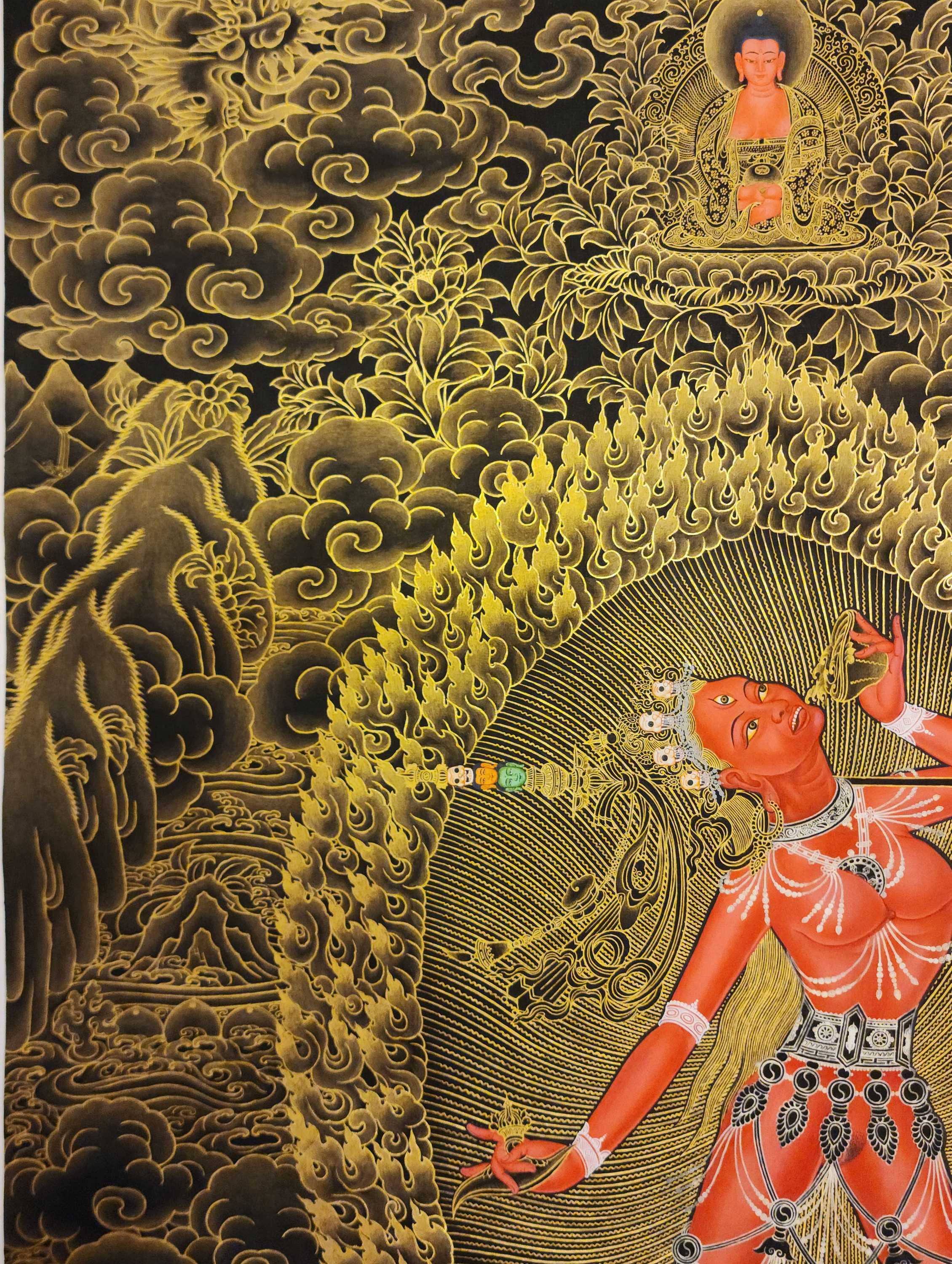 Master Quality, Buddhist Traditional Painting, Tibetan Style,
Master Quality, Buddhist Traditional Painting, Tibetan Style, 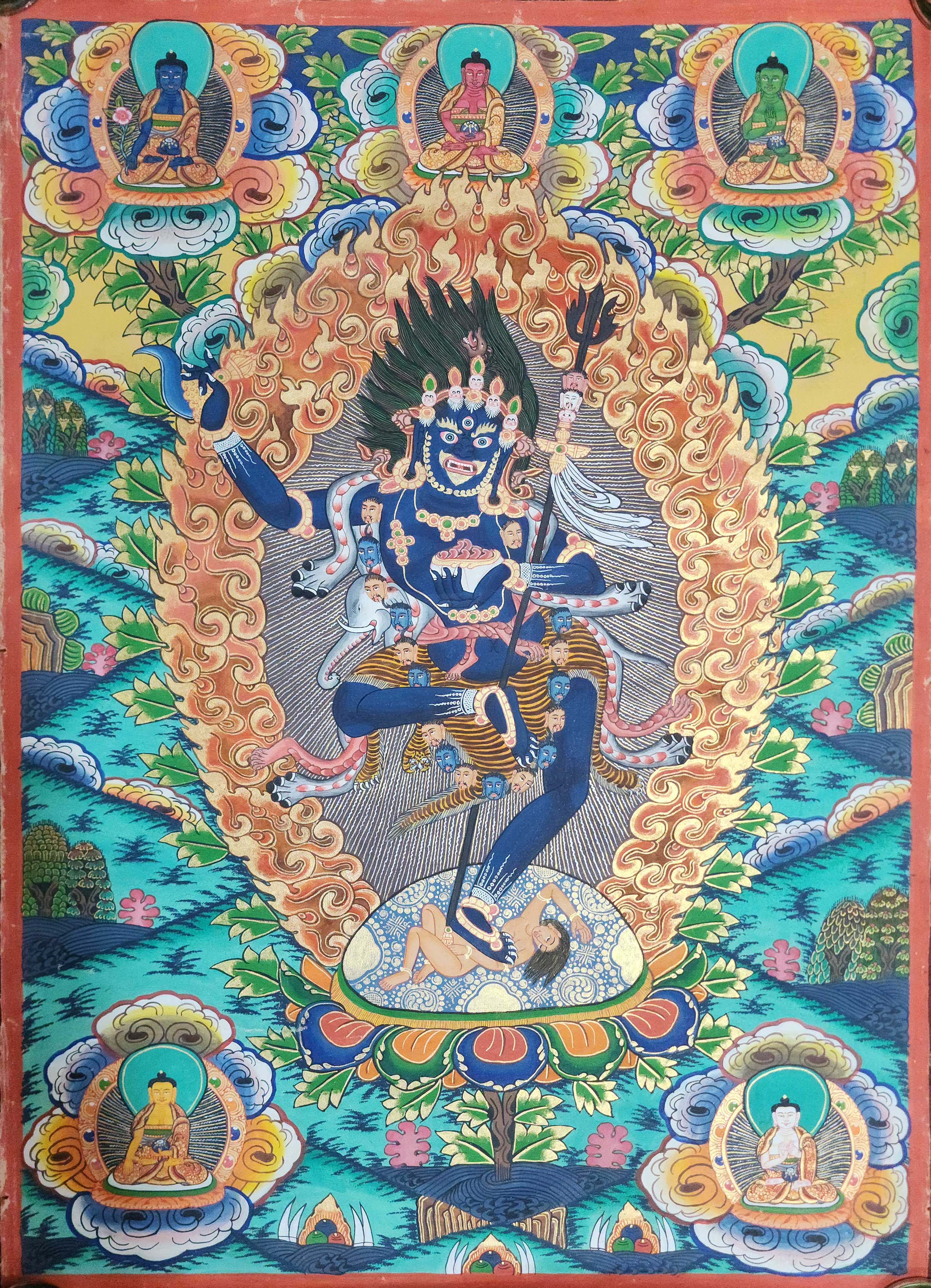 Nairatmya Yogini, Buddhist Traditional Painting, Hand Painted" title="
Nairatmya Yogini, Buddhist Traditional Painting, Hand Painted" title="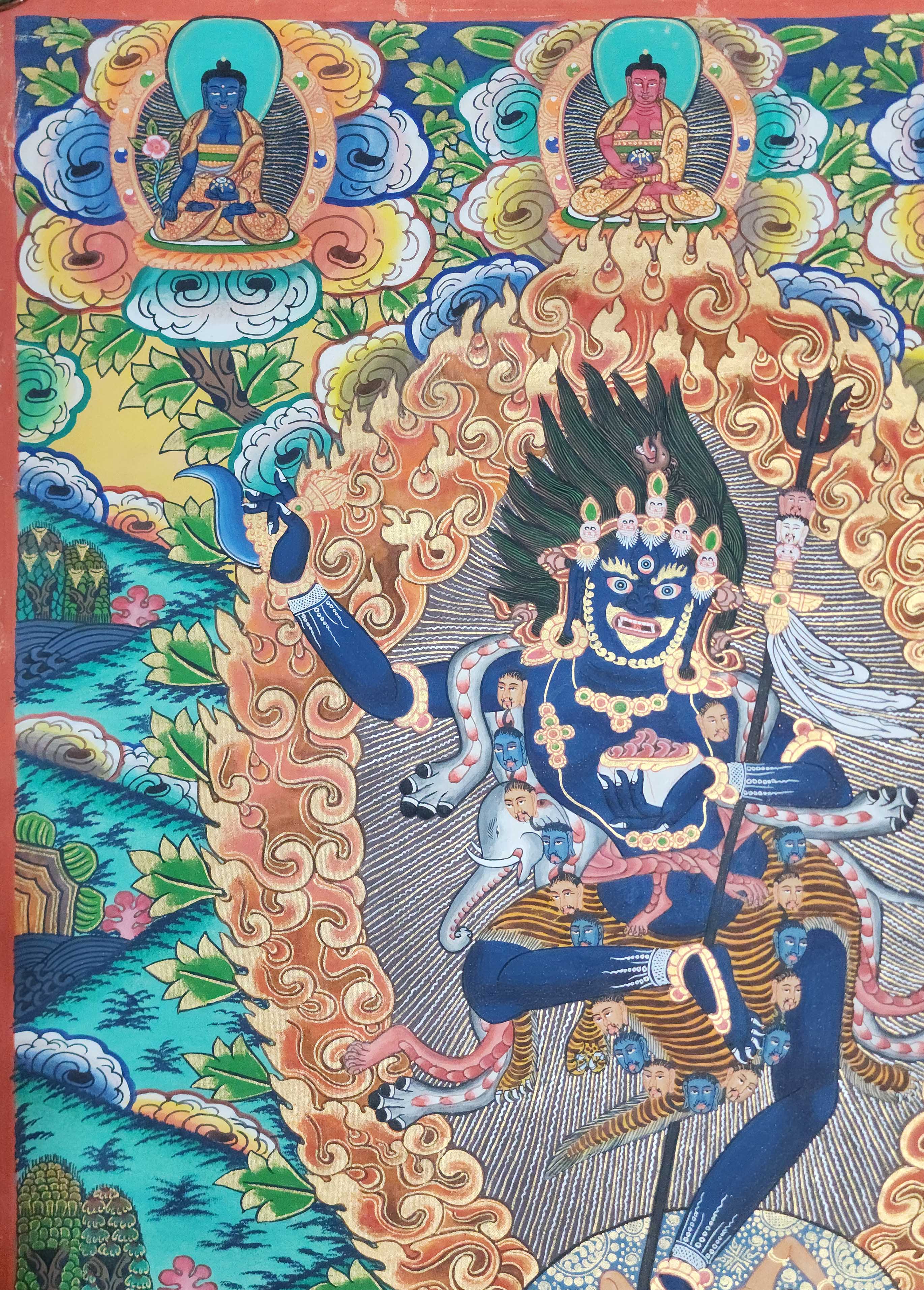 Nairatmya Yogini, Buddhist Traditional Painting, Hand Painted" title="
Nairatmya Yogini, Buddhist Traditional Painting, Hand Painted" title="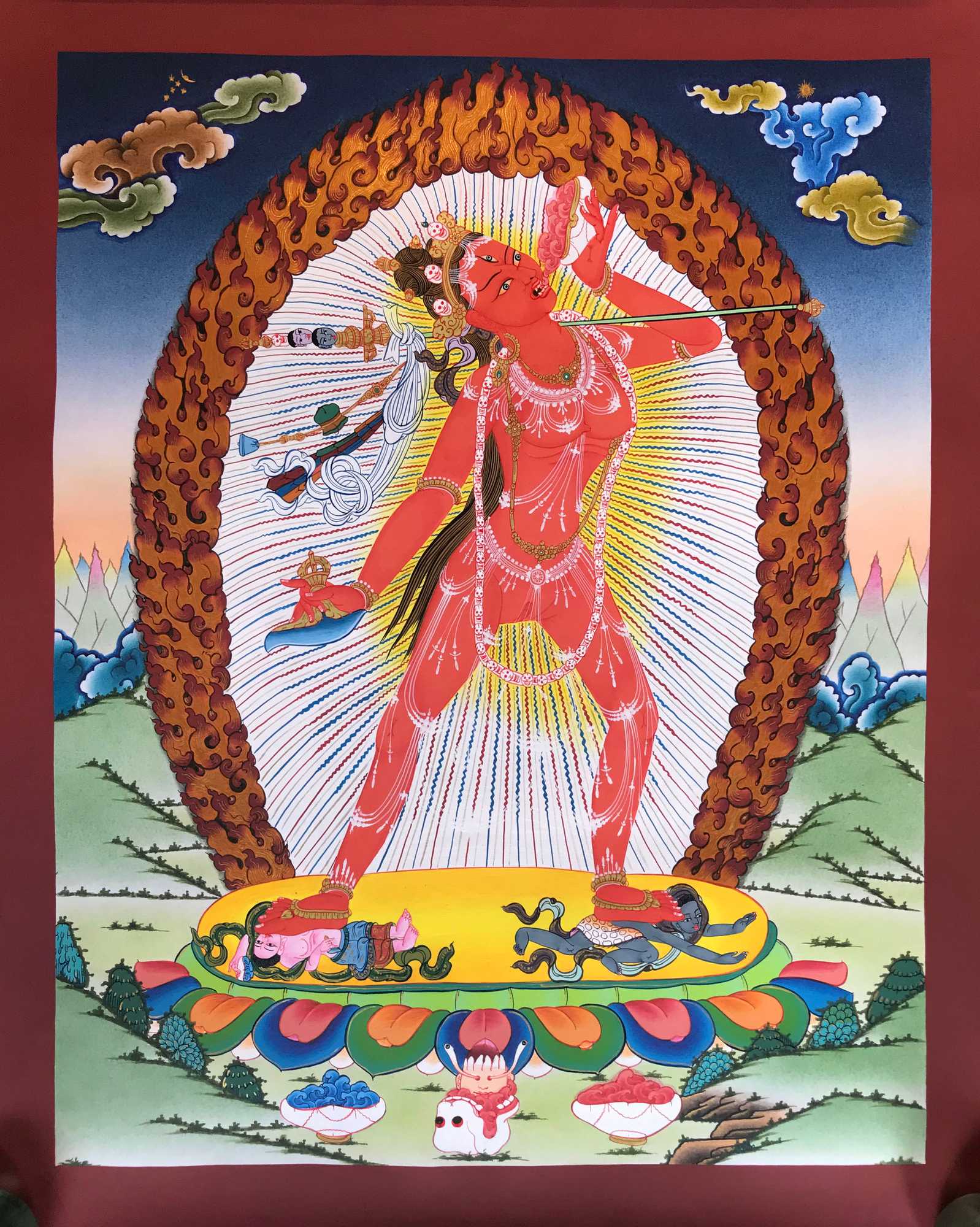 of Vajrayogini,traditional Color,
of Vajrayogini,traditional Color, 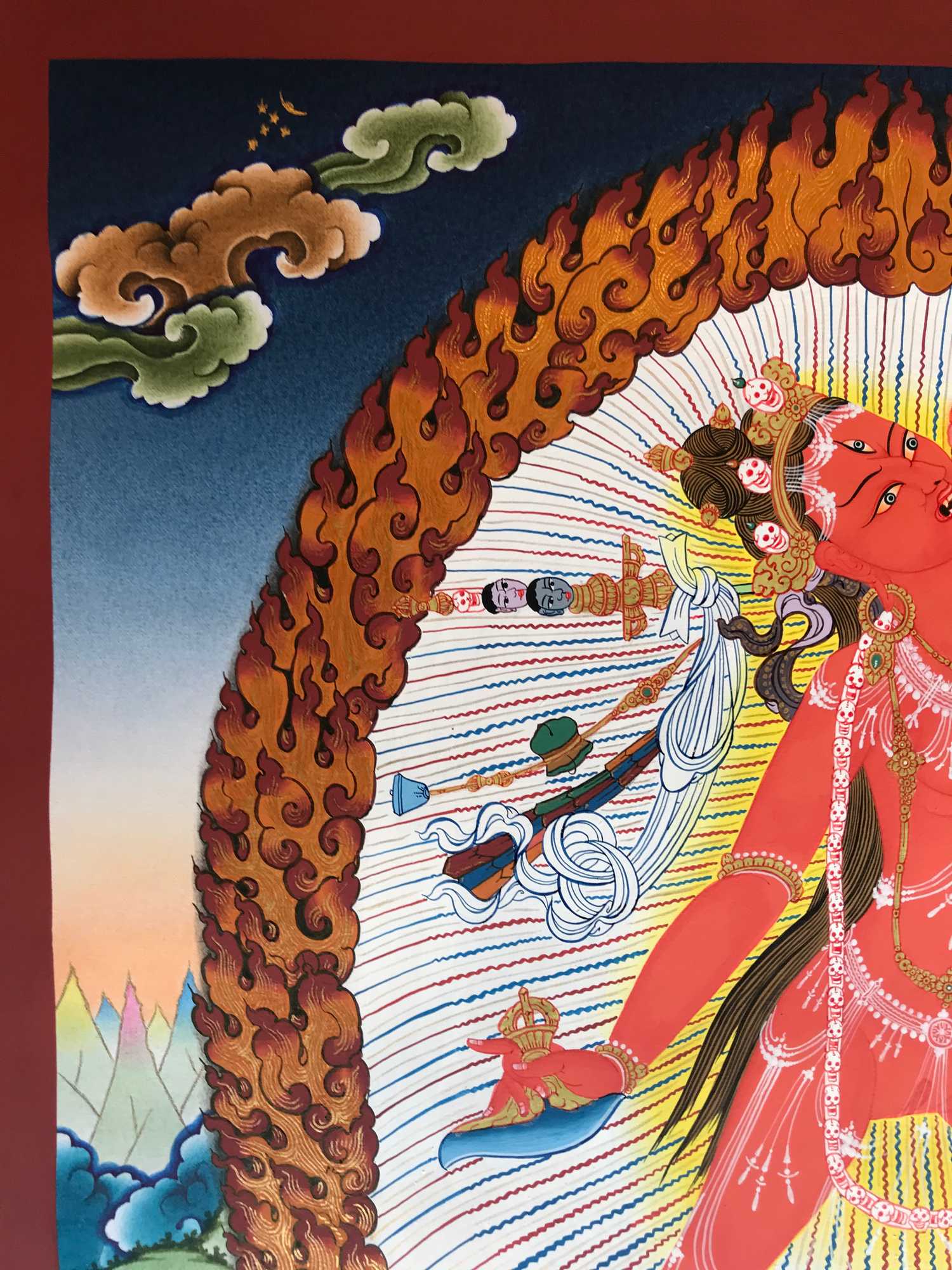 of Vajrayogini,traditional Color,
of Vajrayogini,traditional Color,  Real Gold" title="Vajra Jogni Hand Painted Tibetan Thangka
Real Gold" title="Vajra Jogni Hand Painted Tibetan Thangka 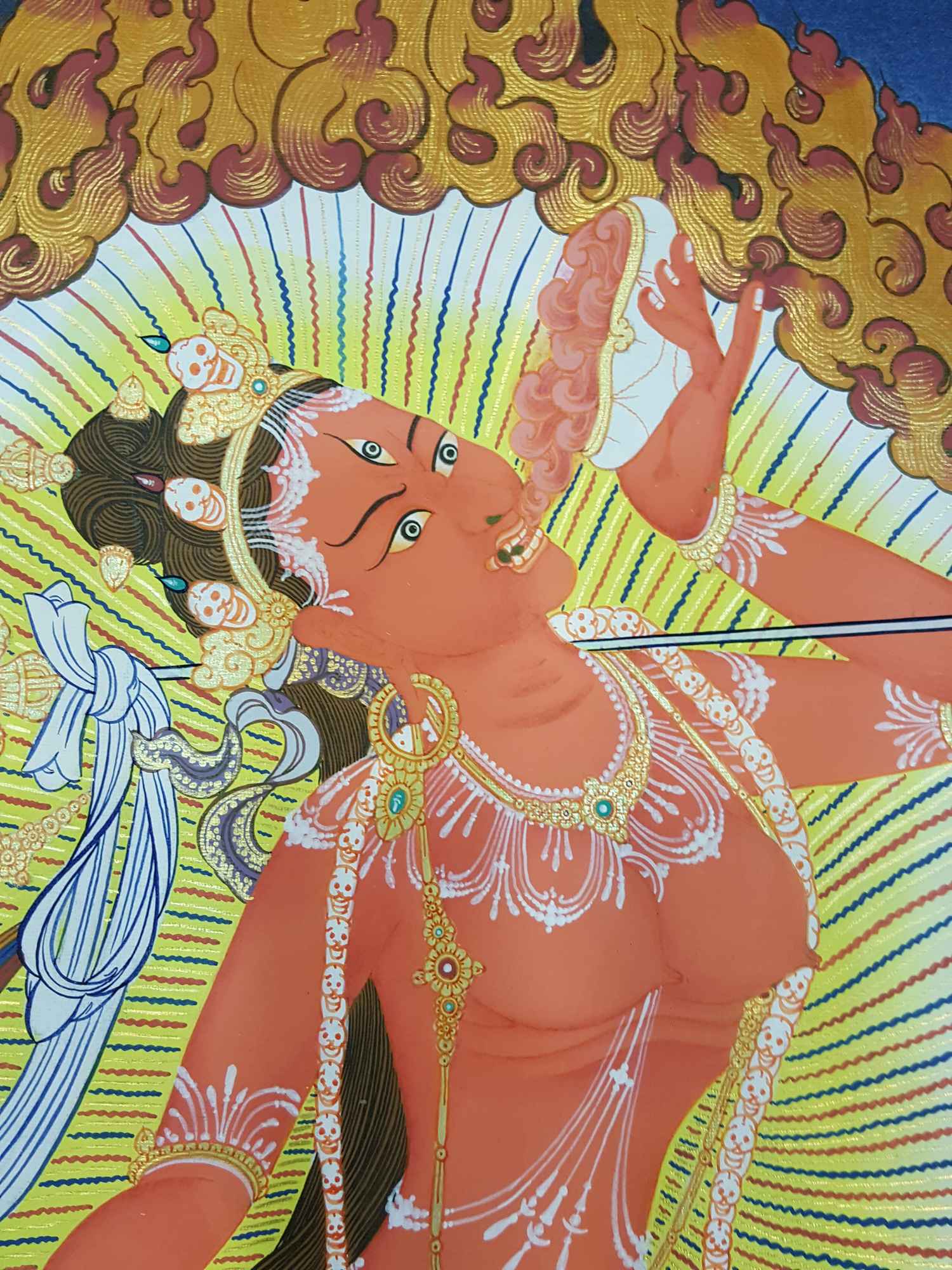 Real Gold" title="Vajra Jogni Hand Painted Tibetan Thangka
Real Gold" title="Vajra Jogni Hand Painted Tibetan Thangka 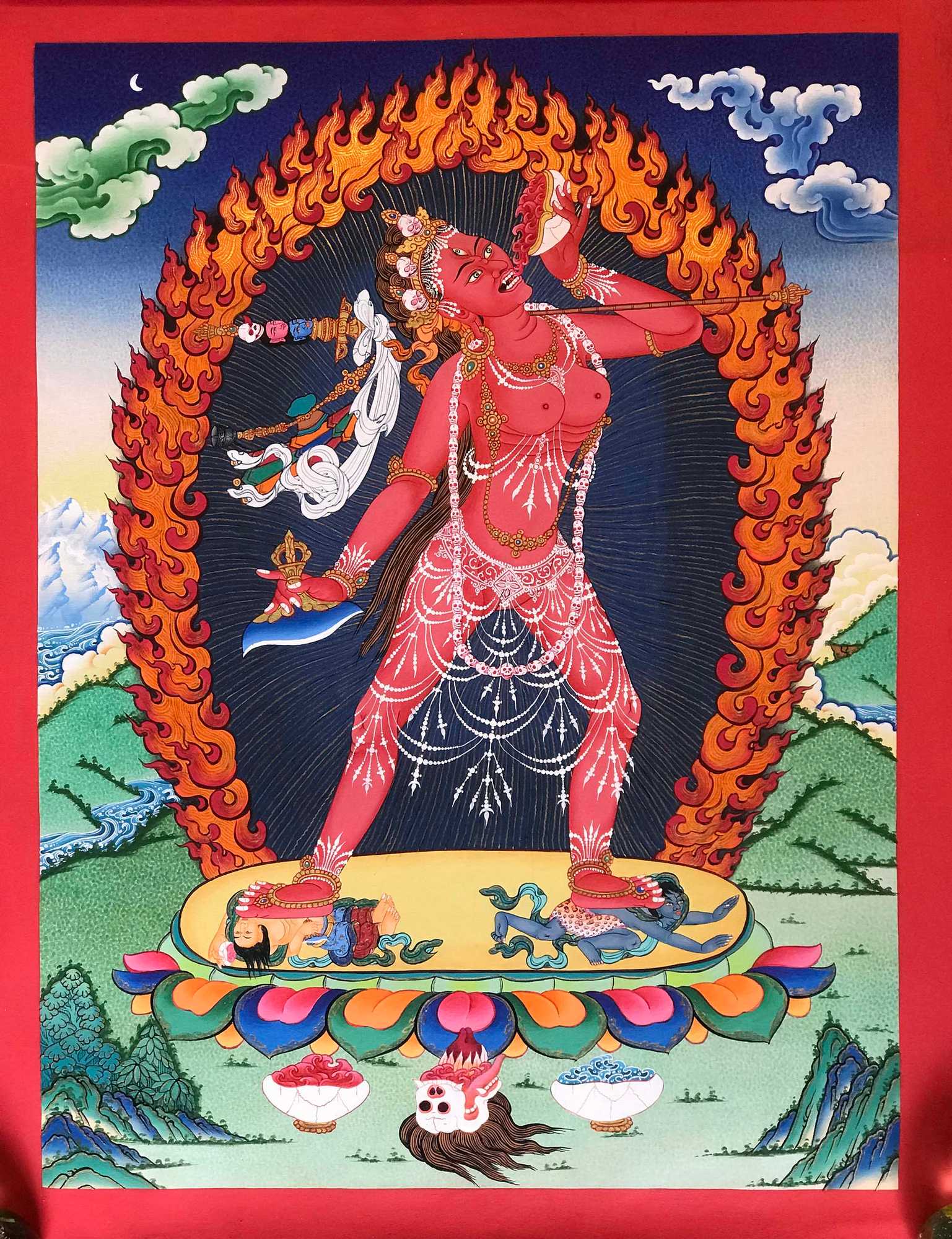 of Vajrayogini
of Vajrayogini 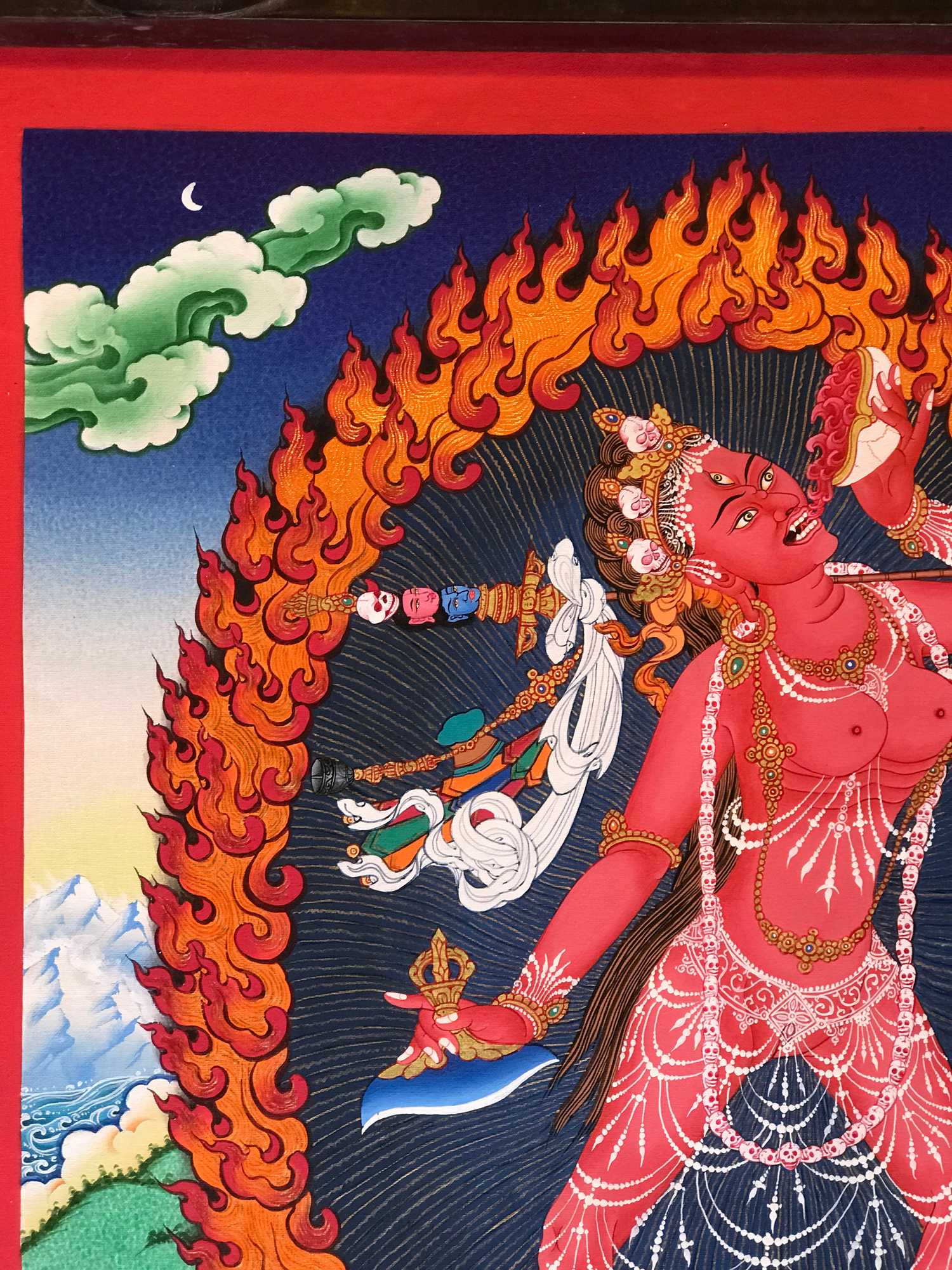 of Vajrayogini
of Vajrayogini  of Vajrayogini,
of Vajrayogini, 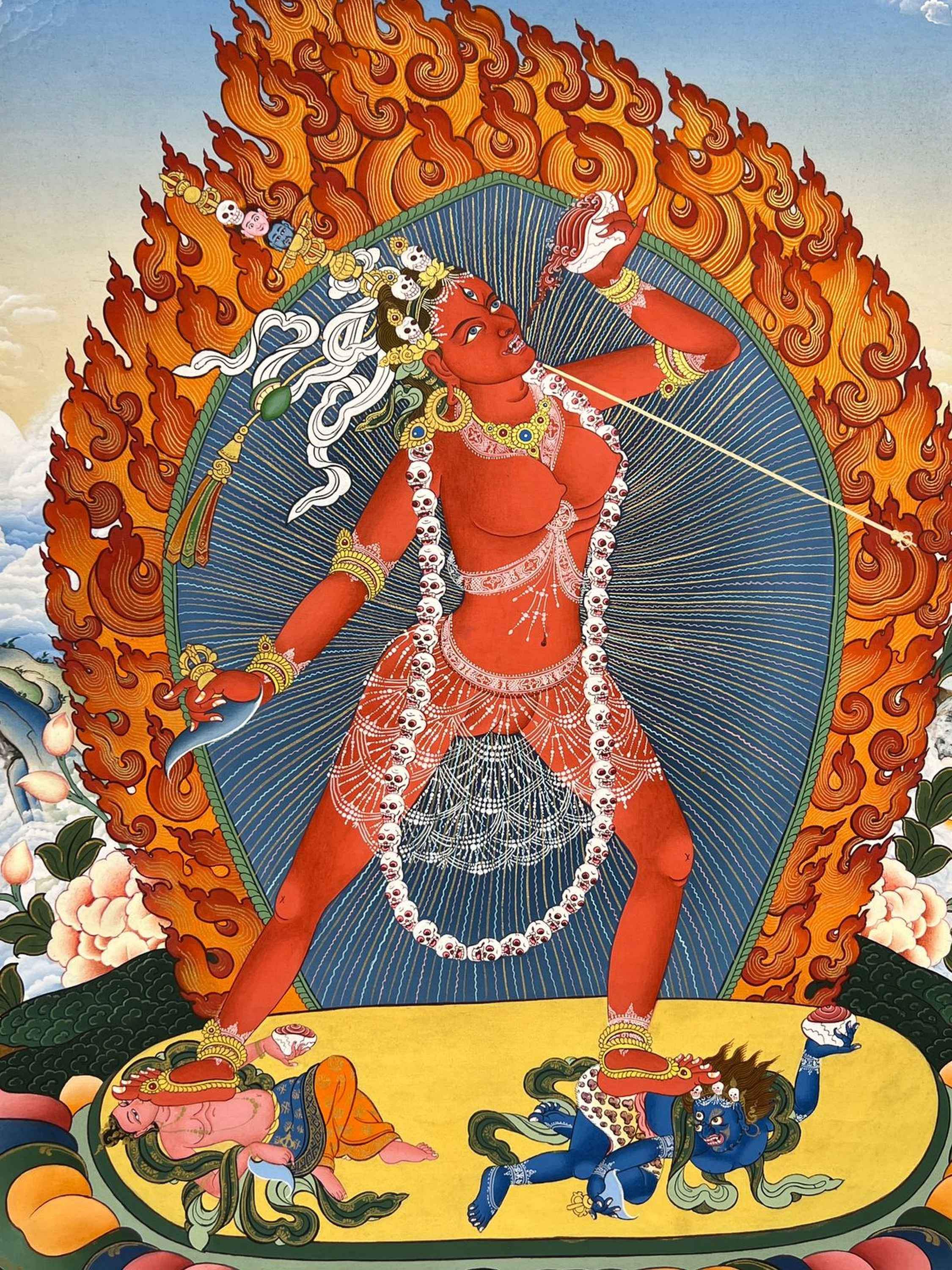 of Vajrayogini,
of Vajrayogini, 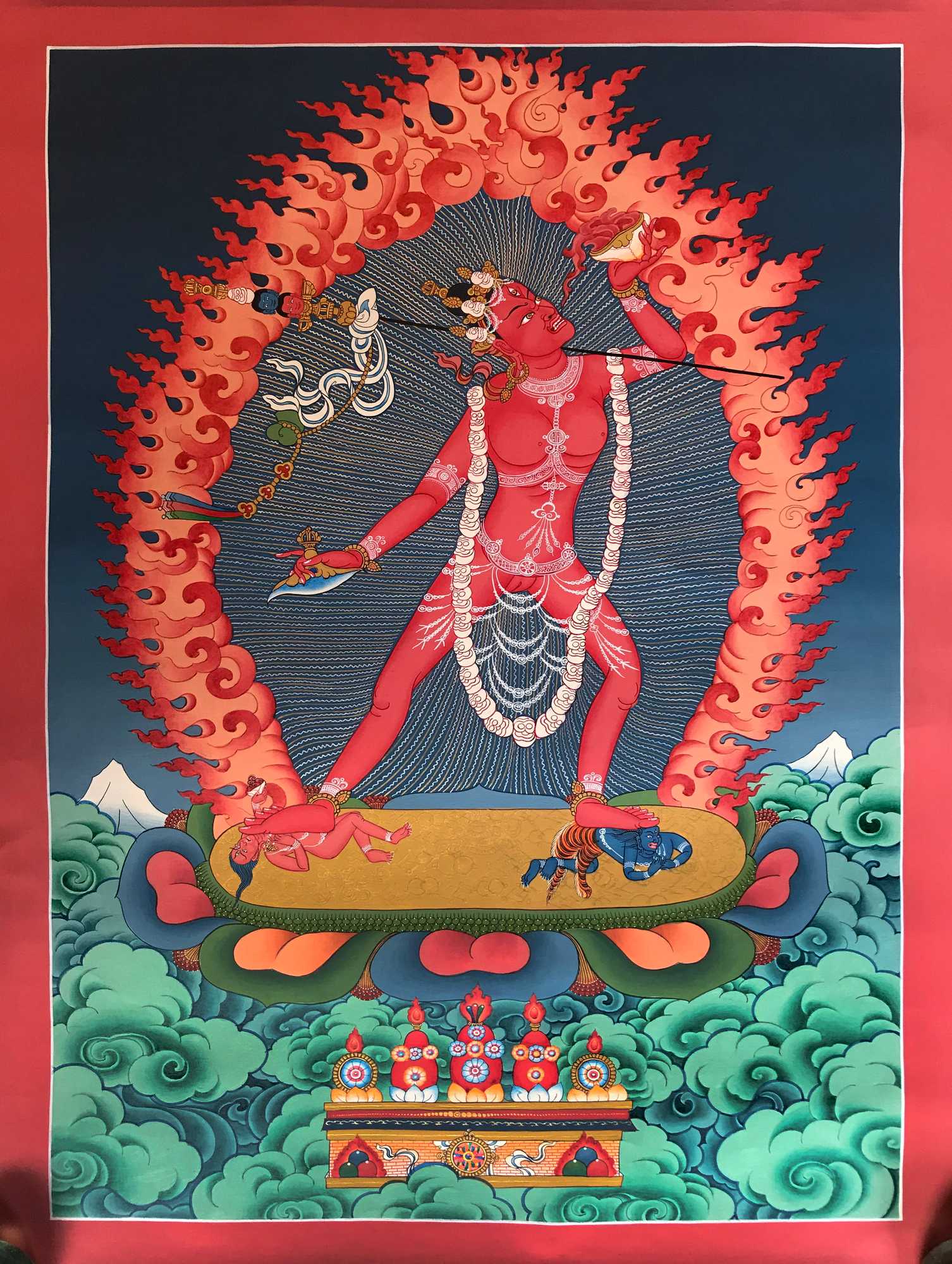 of Vajrayogini,traditional Color,
of Vajrayogini,traditional Color, 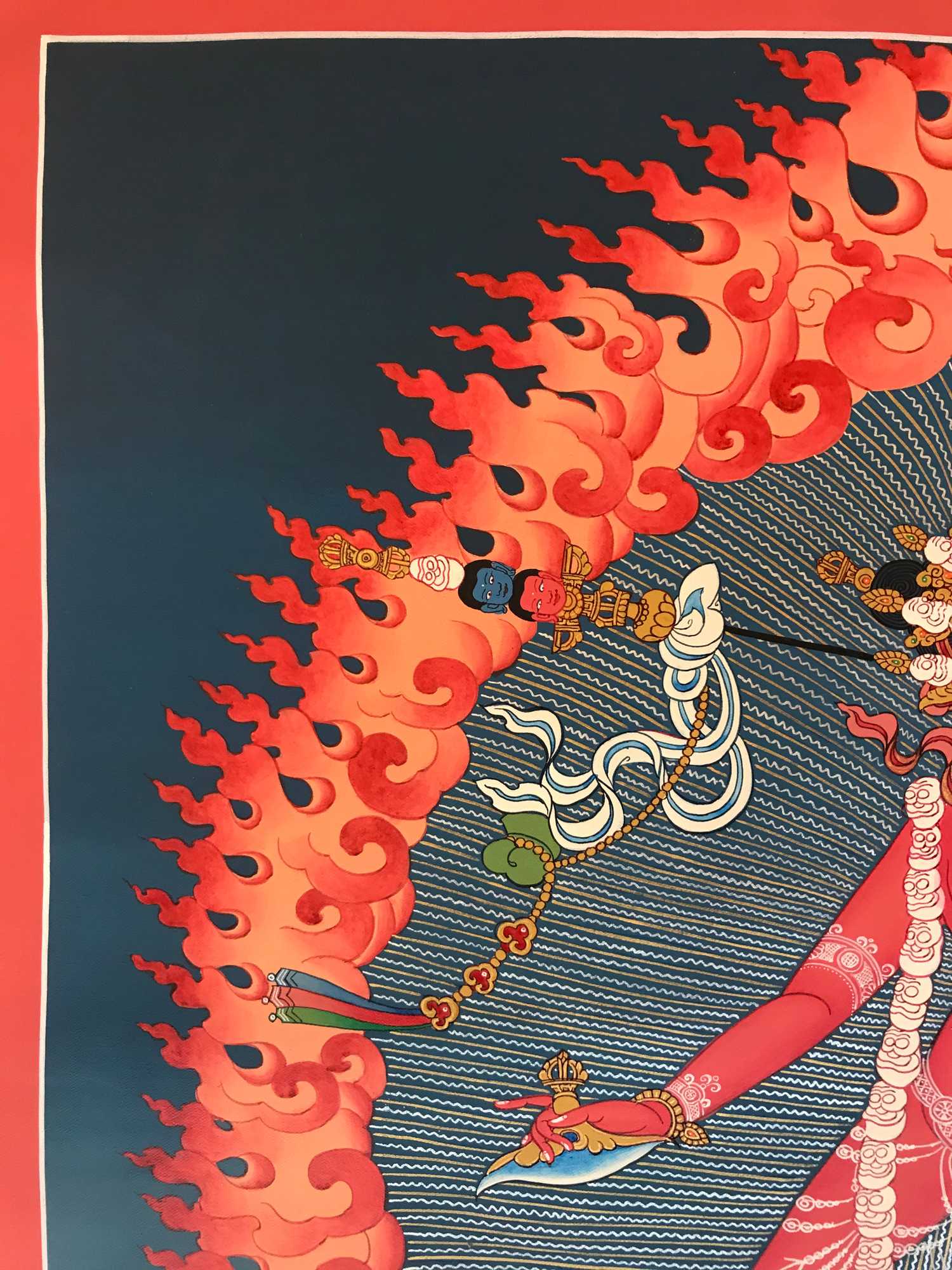 of Vajrayogini,traditional Color,
of Vajrayogini,traditional Color, 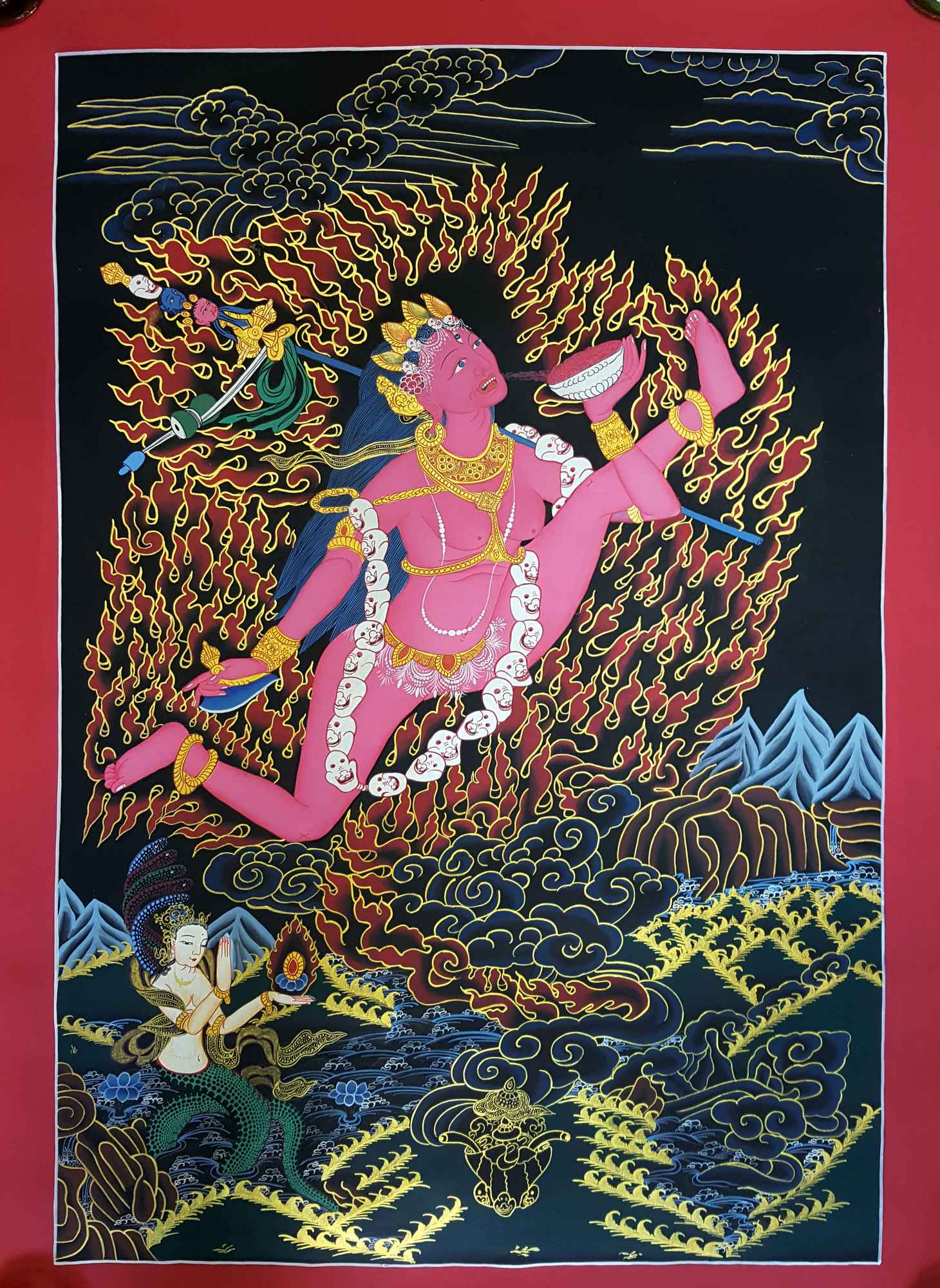 Tibetan Style,
Tibetan Style, 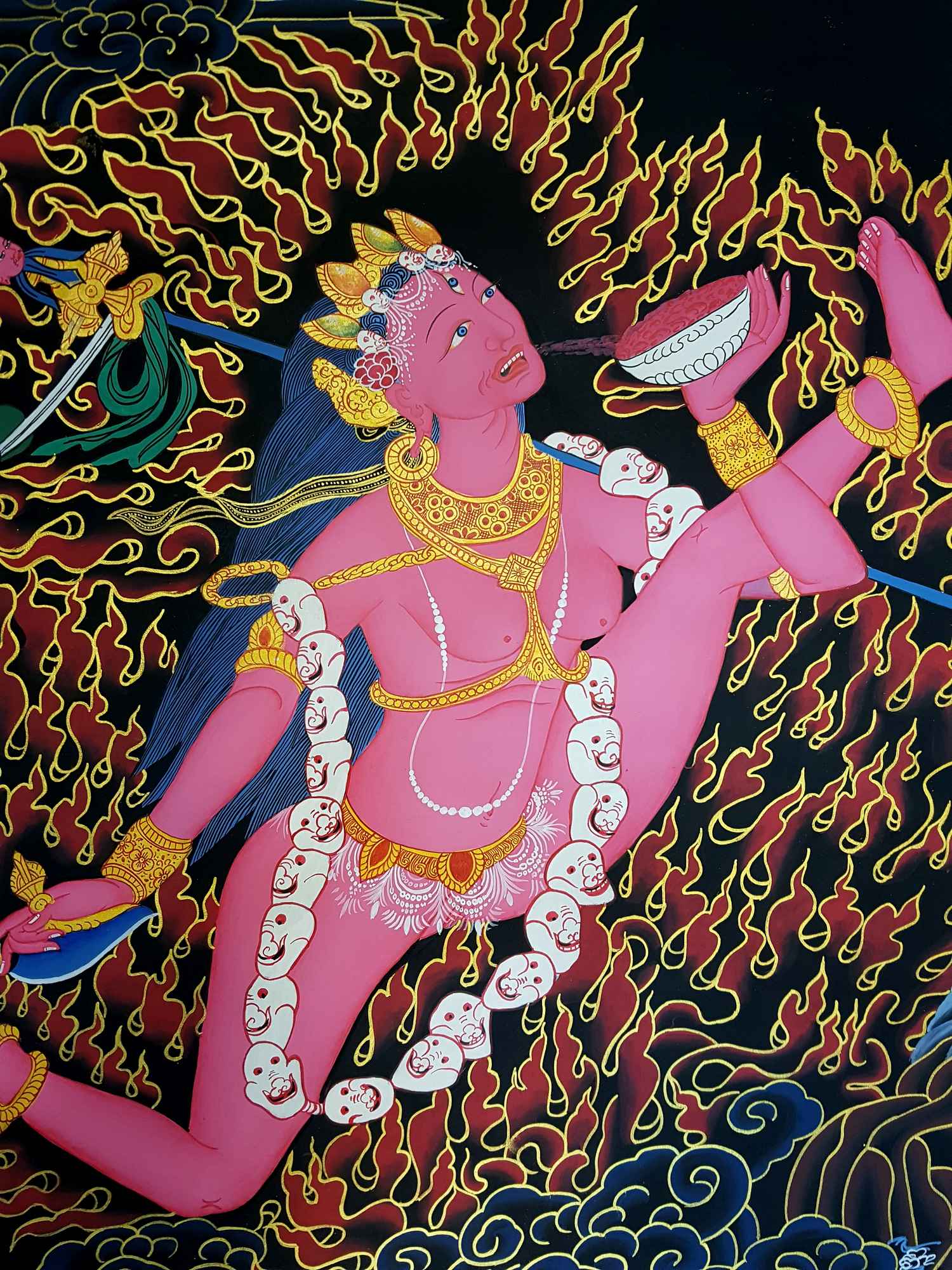 Tibetan Style,
Tibetan Style, 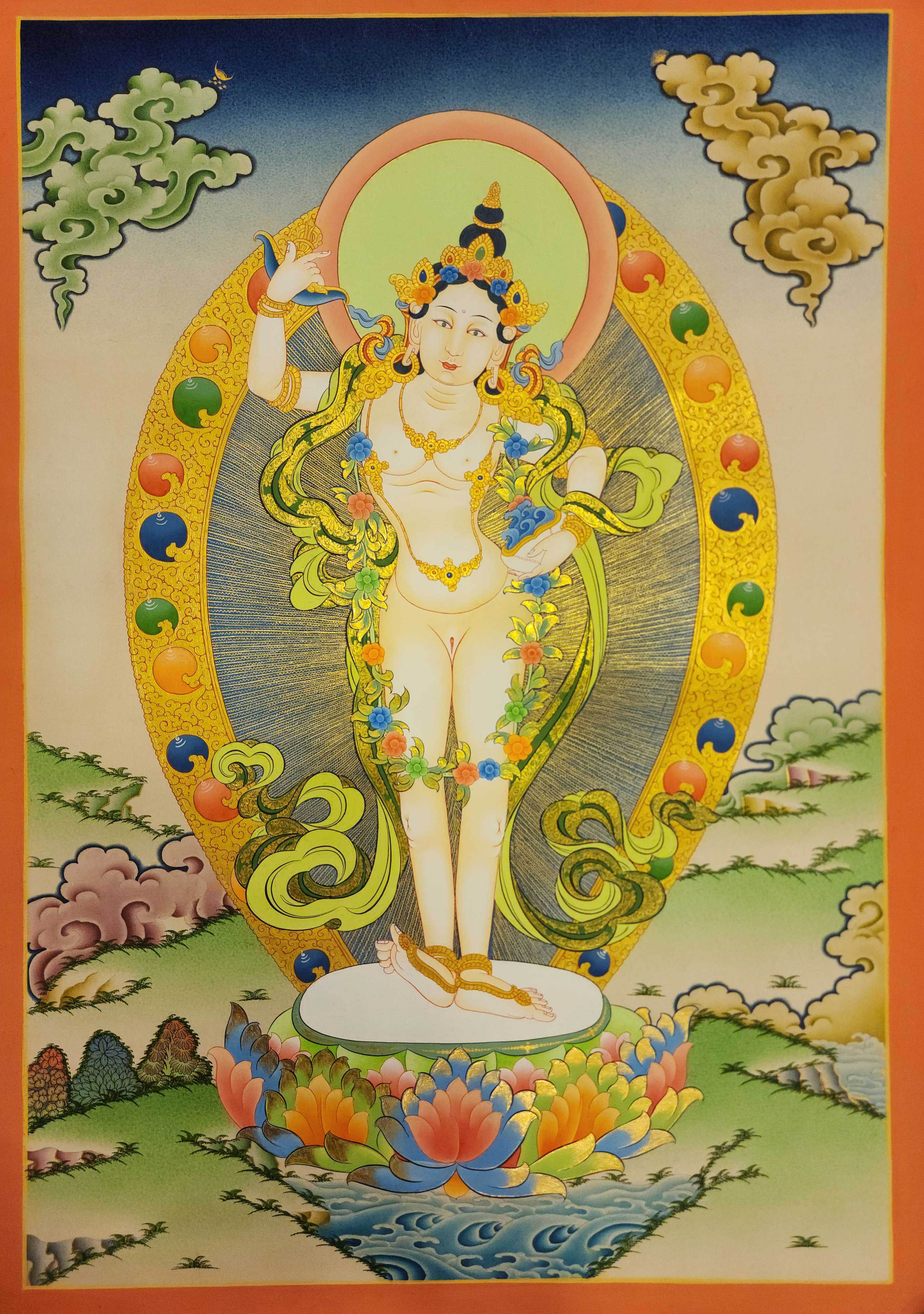 Real Gold" title="Yogini - Name Not Sure, Buddhist Handmade Thangka Painting,
Real Gold" title="Yogini - Name Not Sure, Buddhist Handmade Thangka Painting, 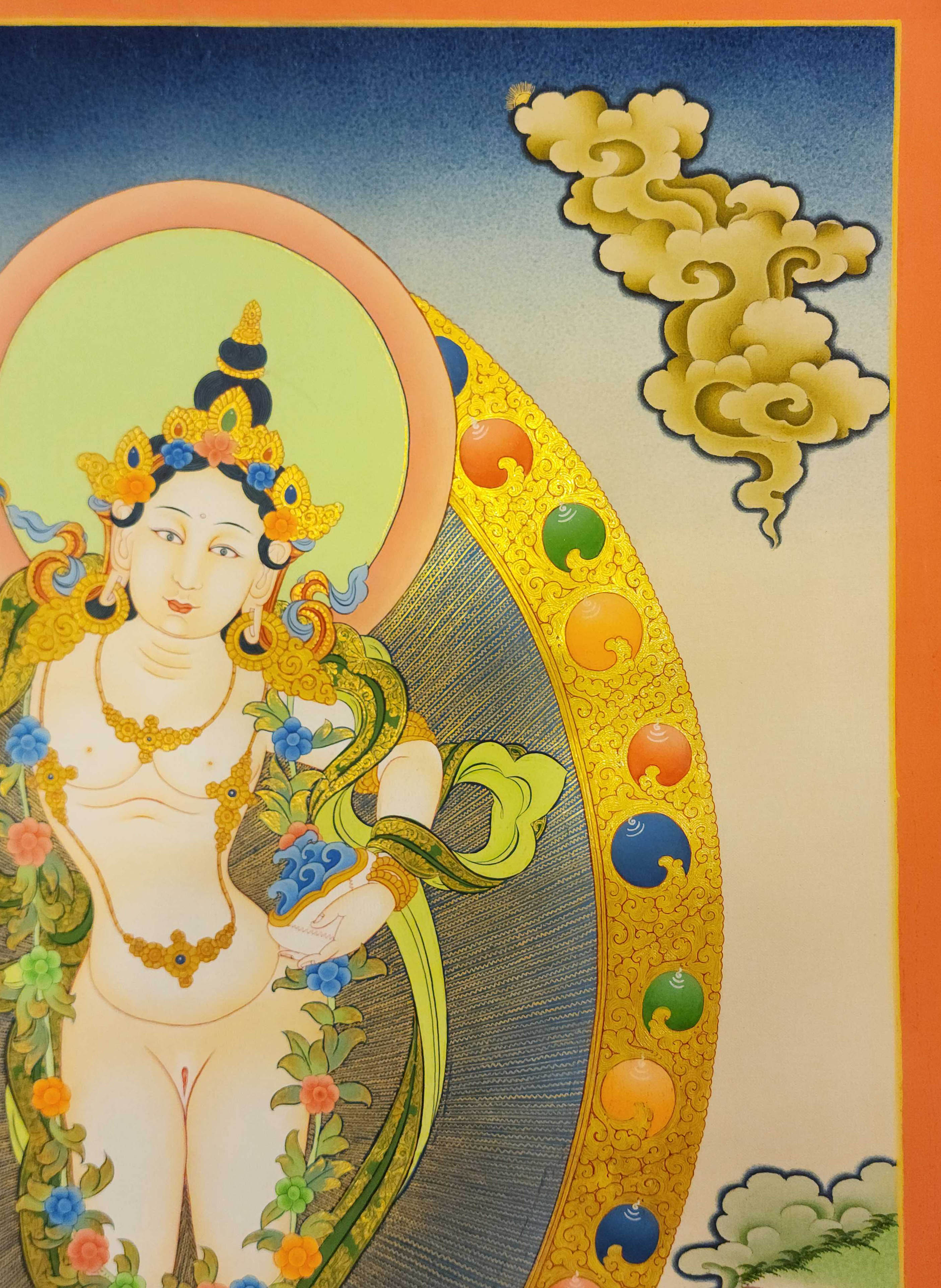 Real Gold" title="Yogini - Name Not Sure, Buddhist Handmade Thangka Painting,
Real Gold" title="Yogini - Name Not Sure, Buddhist Handmade Thangka Painting,